High-Risk Pregnancy: Who’s at Risk and How to Manage It?
A high-risk pregnancy is one where there’s an increased chance of complications affecting the mother, the baby, or both. These risks may be present from the beginning or arise during the pregnancy due to various factors.
Who is at risk?
- Maternal Age: Under 17 or over 35 years old
- Pre-existing Health Conditions:
- Diabetes: Uncontrolled blood sugar can lead to birth defects or preterm labor.
- High blood pressure: Can cause preeclampsia or restricted fetal growth.
- Heart or kidney disease: May endanger the mother’s health.
- Thyroid disorders: Affect ovulation, fetal development, and metabolism.
- Unhealthy Lifestyle Choices:
- Smoking, alcohol, or drug use
- Poor nutrition, lack of physical activity, chronic stress
- Multiple Pregnancy or Previous Complications:
- Twins or more can increase the risk of preterm birth or growth issues.
- A history of miscarriage, preterm birth, or preeclampsia raises concerns.
How is it managed?
- Regular medical care: Frequent doctor visits, ultrasounds, and monitoring
- Proper nutrition: Iron, calcium, folic acid, vitamin D, and protein intake
- Stress management: Yoga, meditation, rest, and emotional support
- Avoiding harmful substances: No smoking, alcohol, or exposure to toxins
With proper care and early intervention, high-risk pregnancies can still result in a healthy baby and mother.



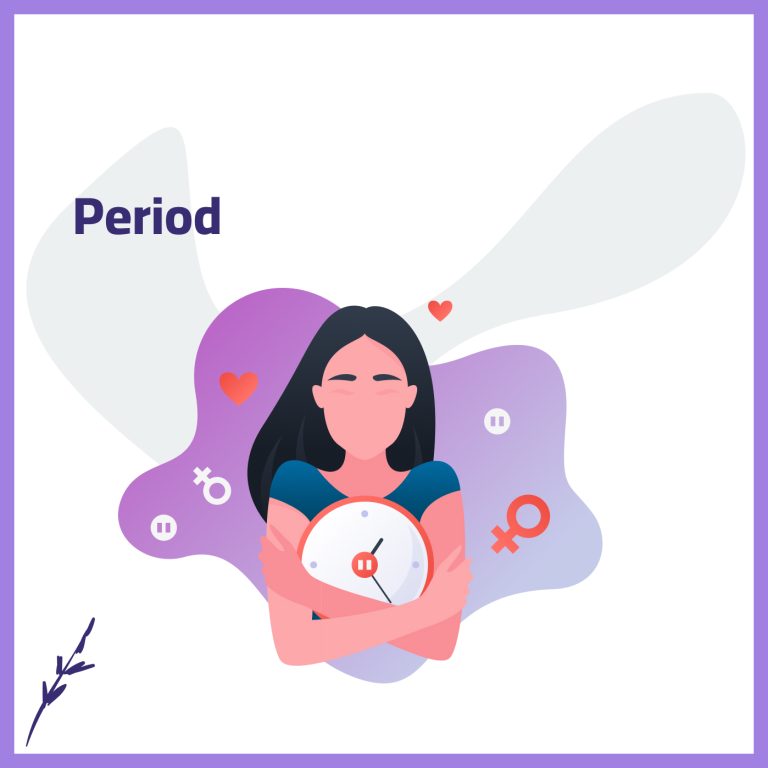
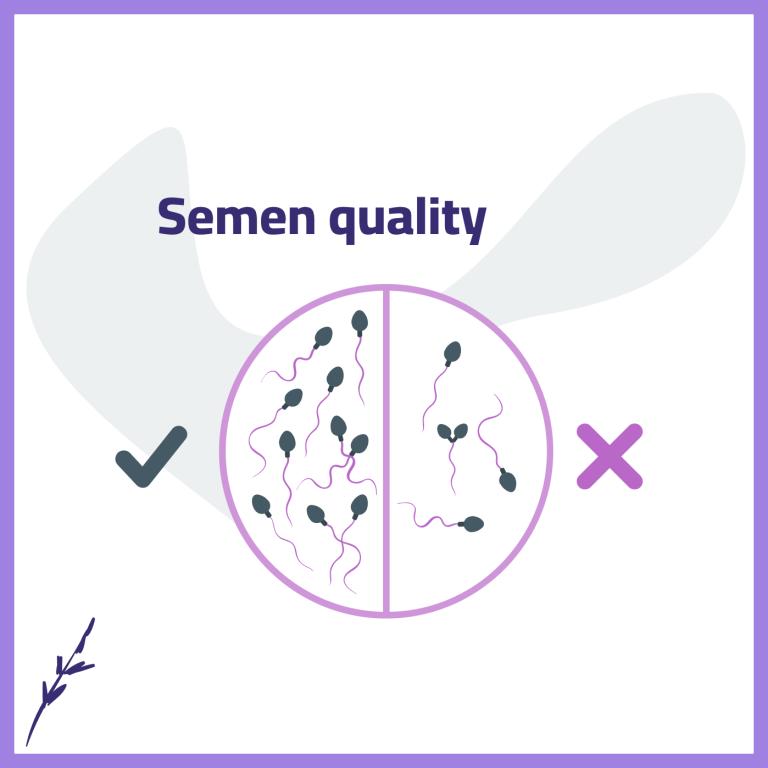
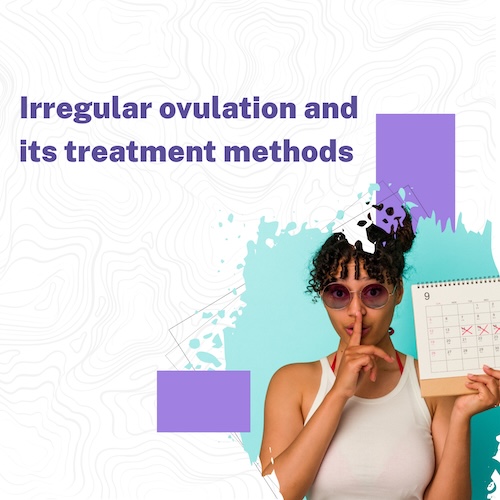
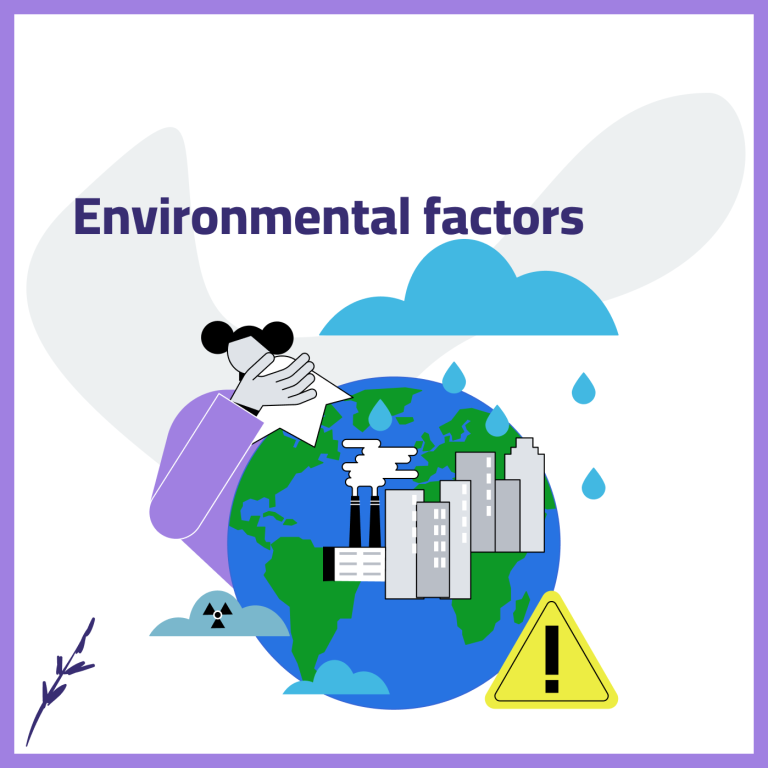
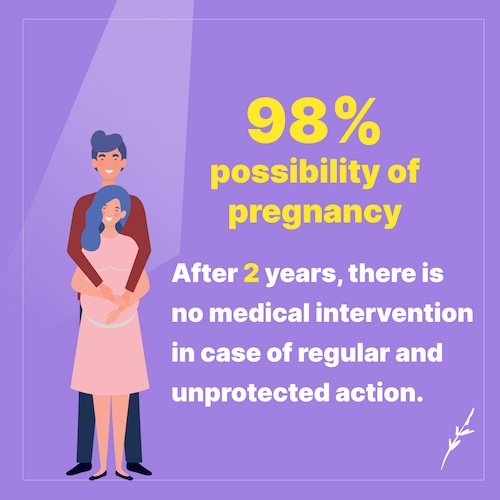
If you’re looking for y888 game info, y888game has got you covered. Found exactly what I needed without any annoying redirects. Jump in at y888game!